Products

High Performance Acoustic Panels For Noise Reduction And Echo Control
Acoustic panels
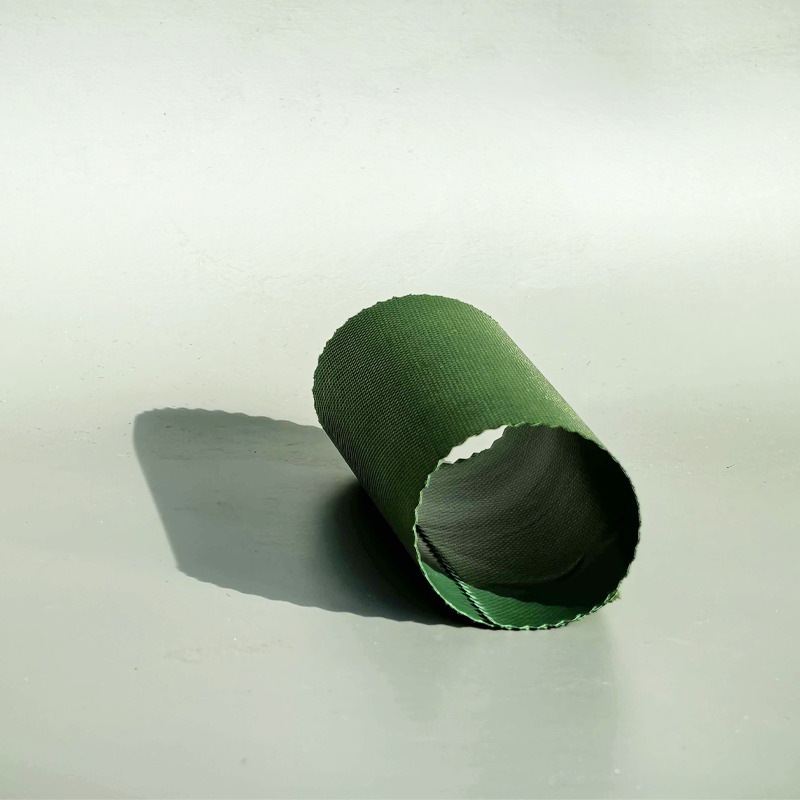
Reinforced Strong Coated Fabric Offering Long-Lasting Wear And Stability
coated fabric
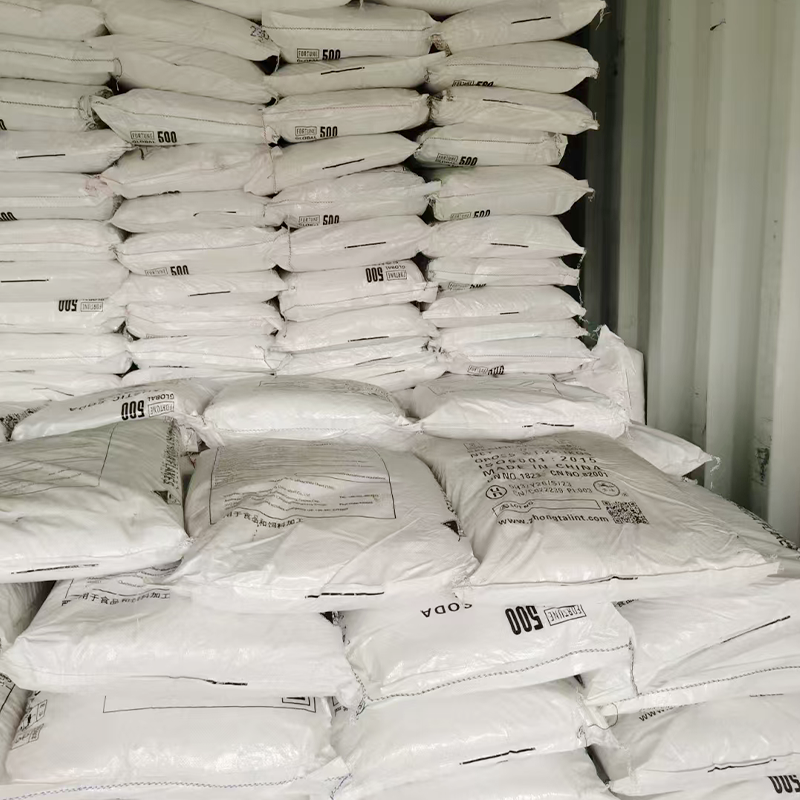
High-quality potassium hydroxide (KOH), a strong alkali, is suitable for chemical applications.
Water Treatment Chemical
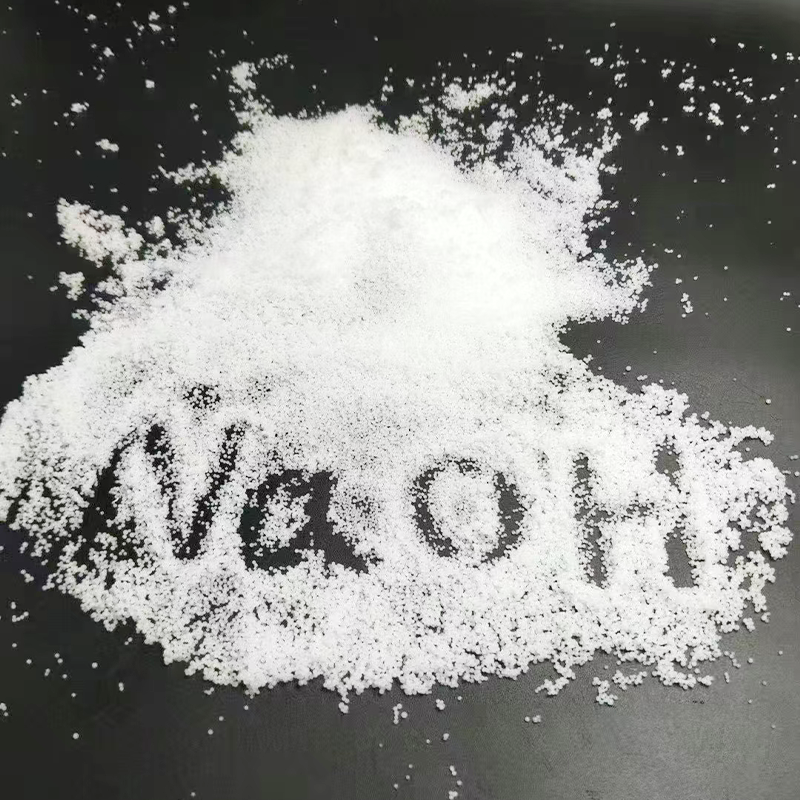
Caustic Soda 99% Sodium Hydroxide Pellets – Premium Quality Chemical Raw Material
Water Treatment Chemical
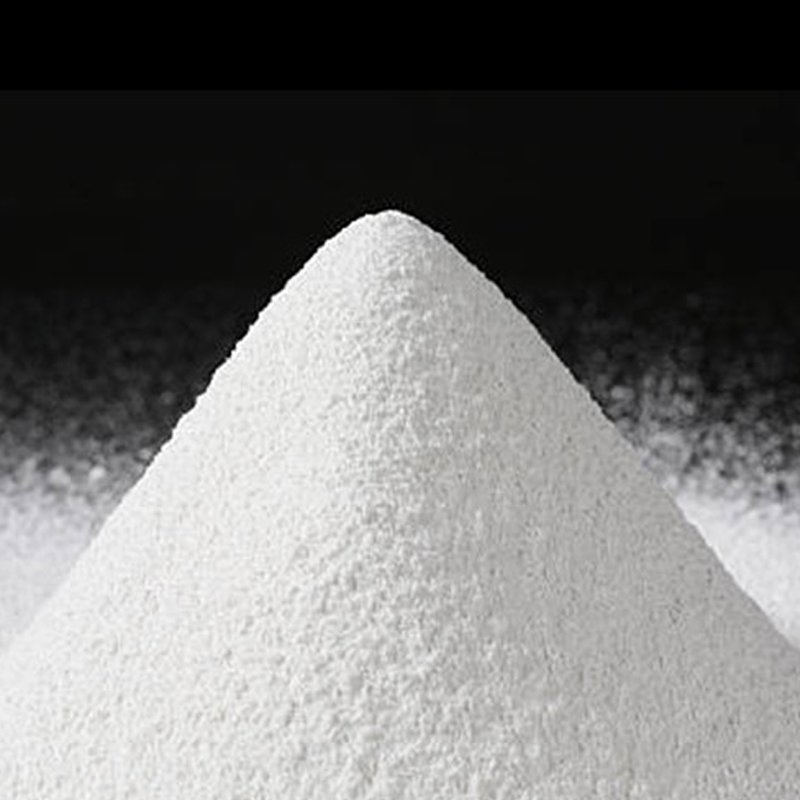
zinc oxide
zinc oxide
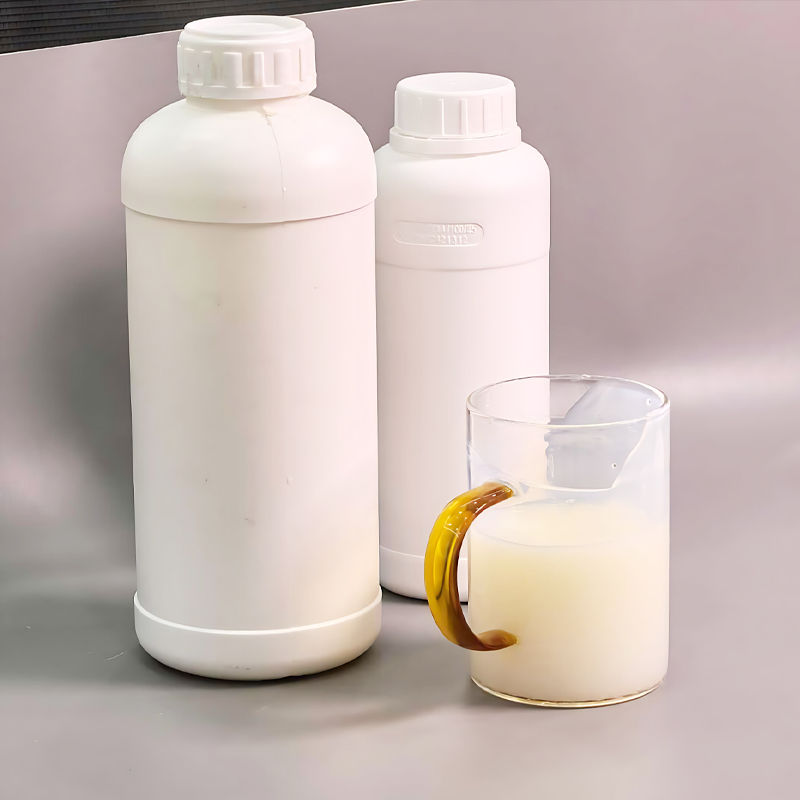
Styrene acrylic emulsion
Emulsion series products
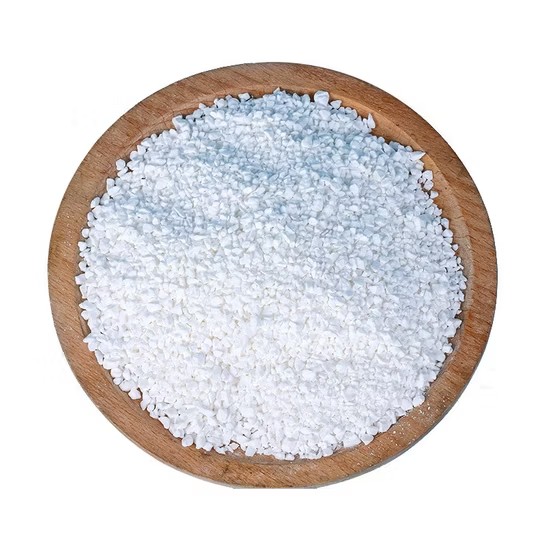
High Quality Granule Water Purification 25kg Sodium Dichloroisocyanurate SDIC Dihydrate 56%
Water Treatment Chemical
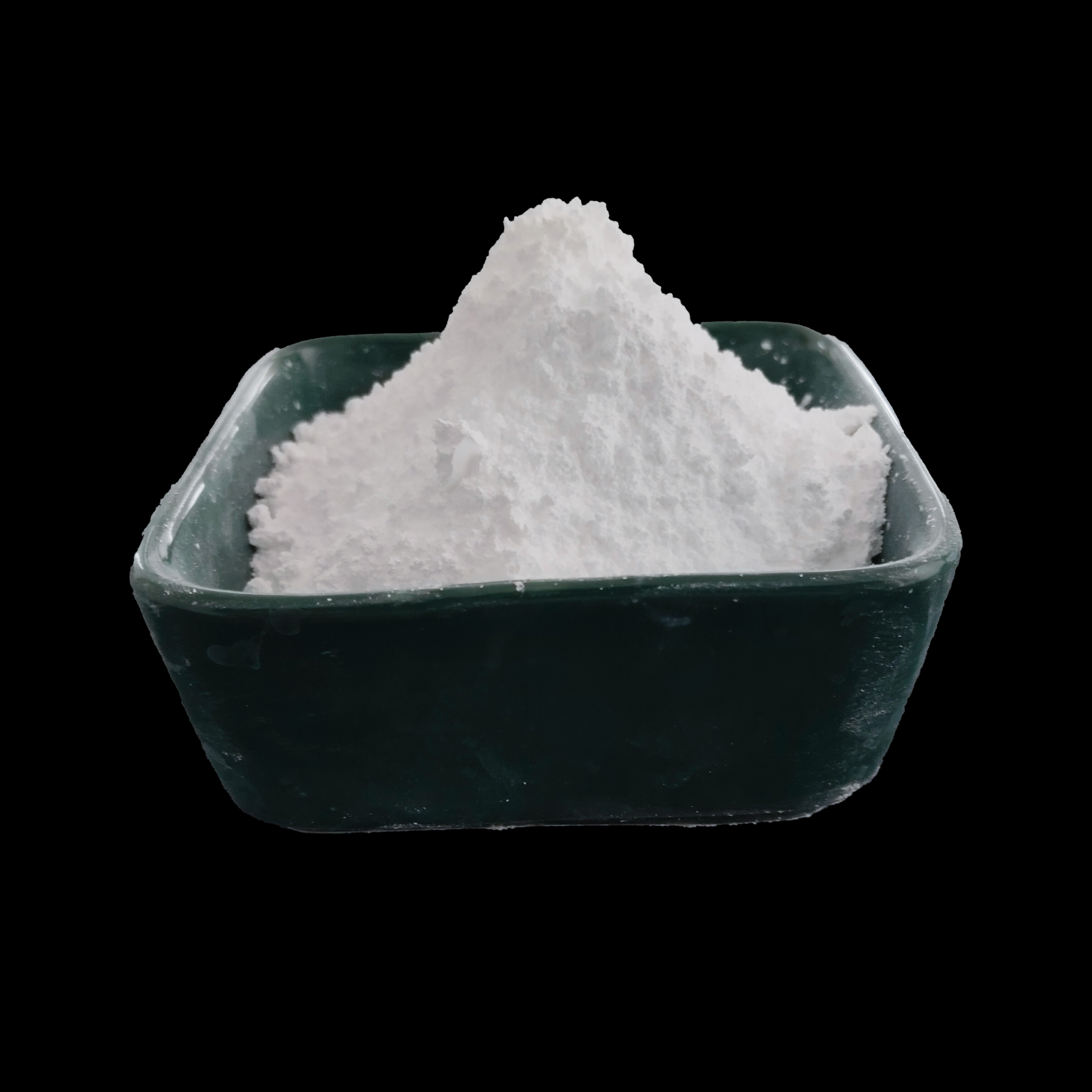
Zinc Oxide
Zinc Oxide
Carboxymethyl cellulose CMC
Polyester fiber
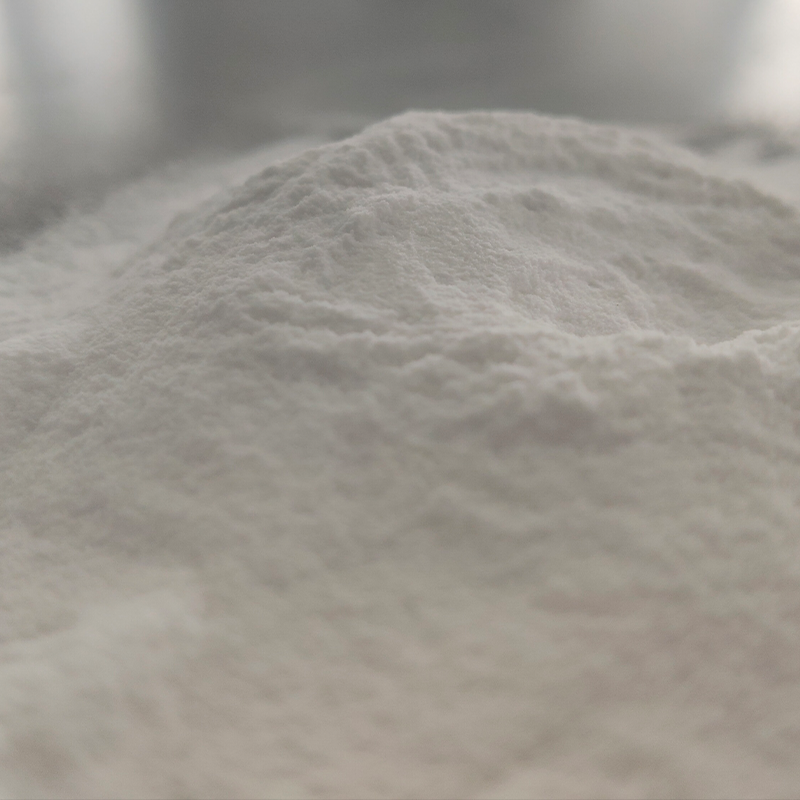
Redispersible Polymer Powder
Polyester fiber
Learn more